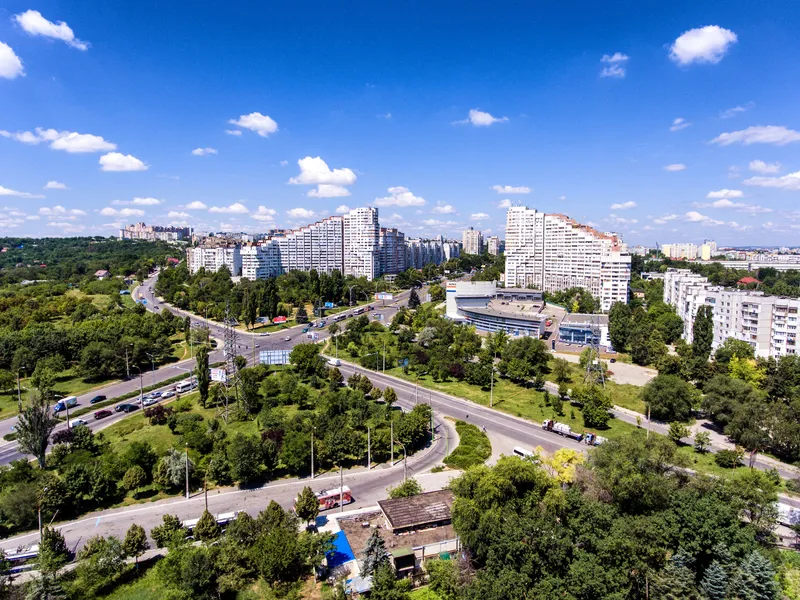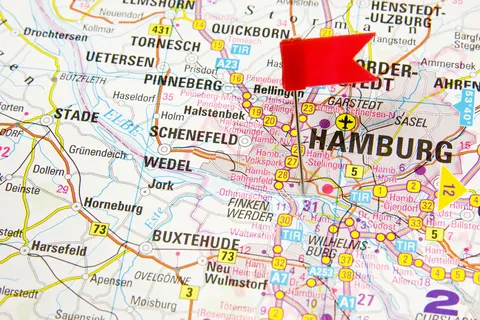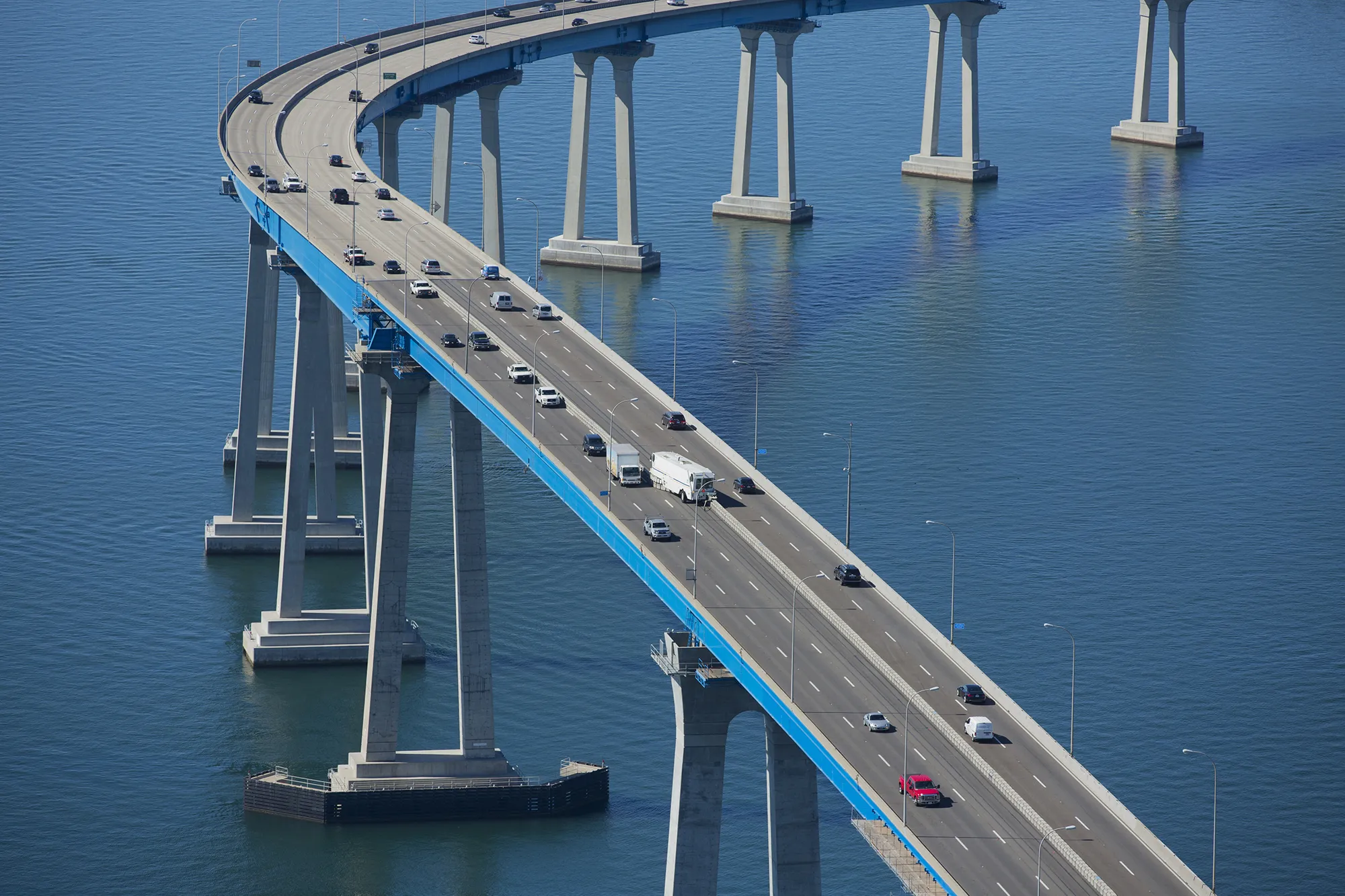A 47km stretch of the A27 motorway between Breda and Utrecht in the Netherlands is to be widened at a cost of €808 million. The project will also include the construction of a second bridge with four lanes across the river Merwede at Gorinchem. The road widening works aim to reduce traffic congestion. Due to begin in 2019, the project will take around ten years.
April 24, 2014
Read time: 1 min
A 47km stretch of the A27 motorway between Breda and Utrecht in the Netherlands is to be widened at a cost of €808 million. The project will also include the construction of a second bridge with four lanes across the river Merwede at Gorinchem. The road widening works aim to reduce traffic congestion. Due to begin in 2019, the project will take around ten years.









